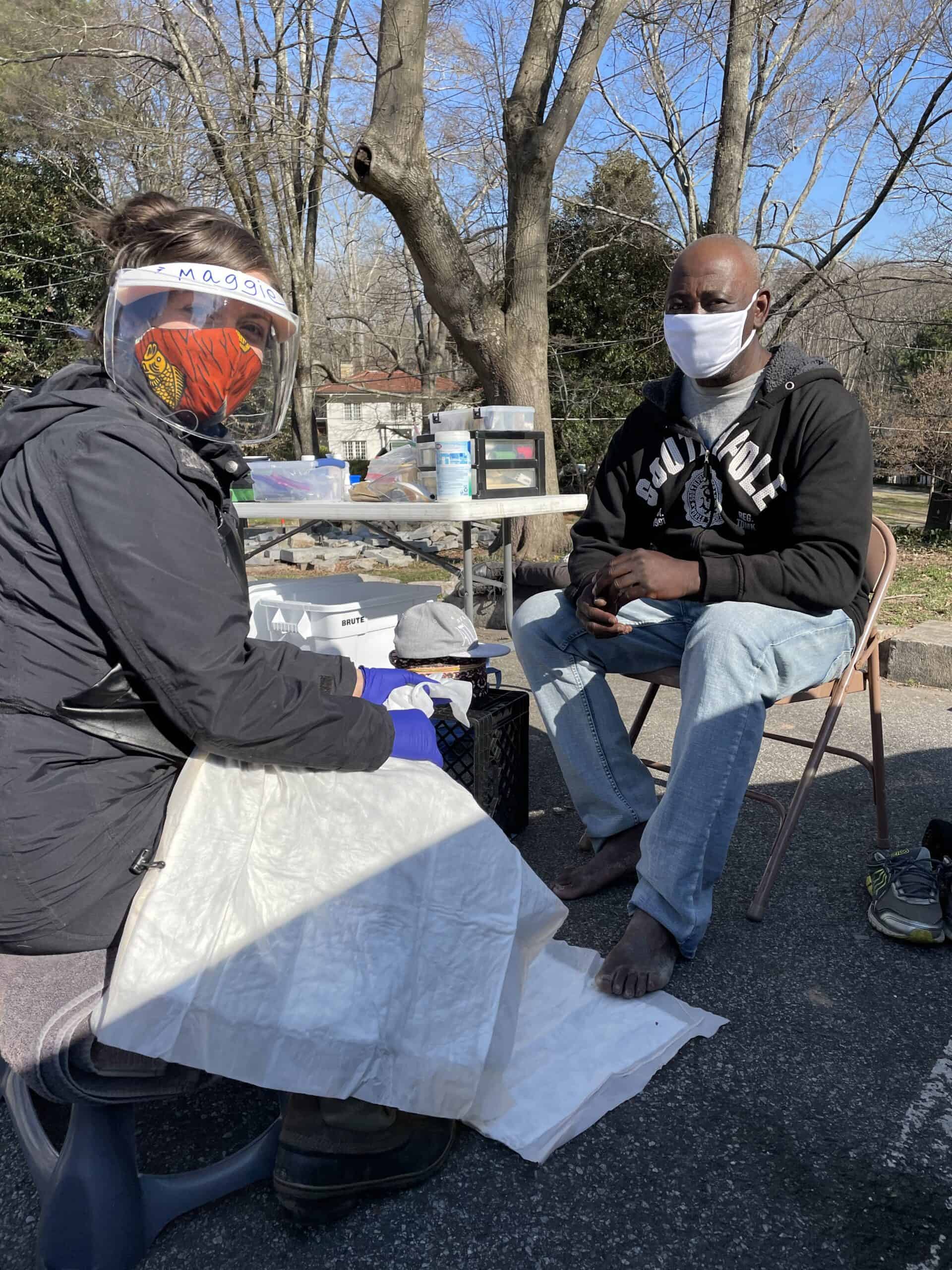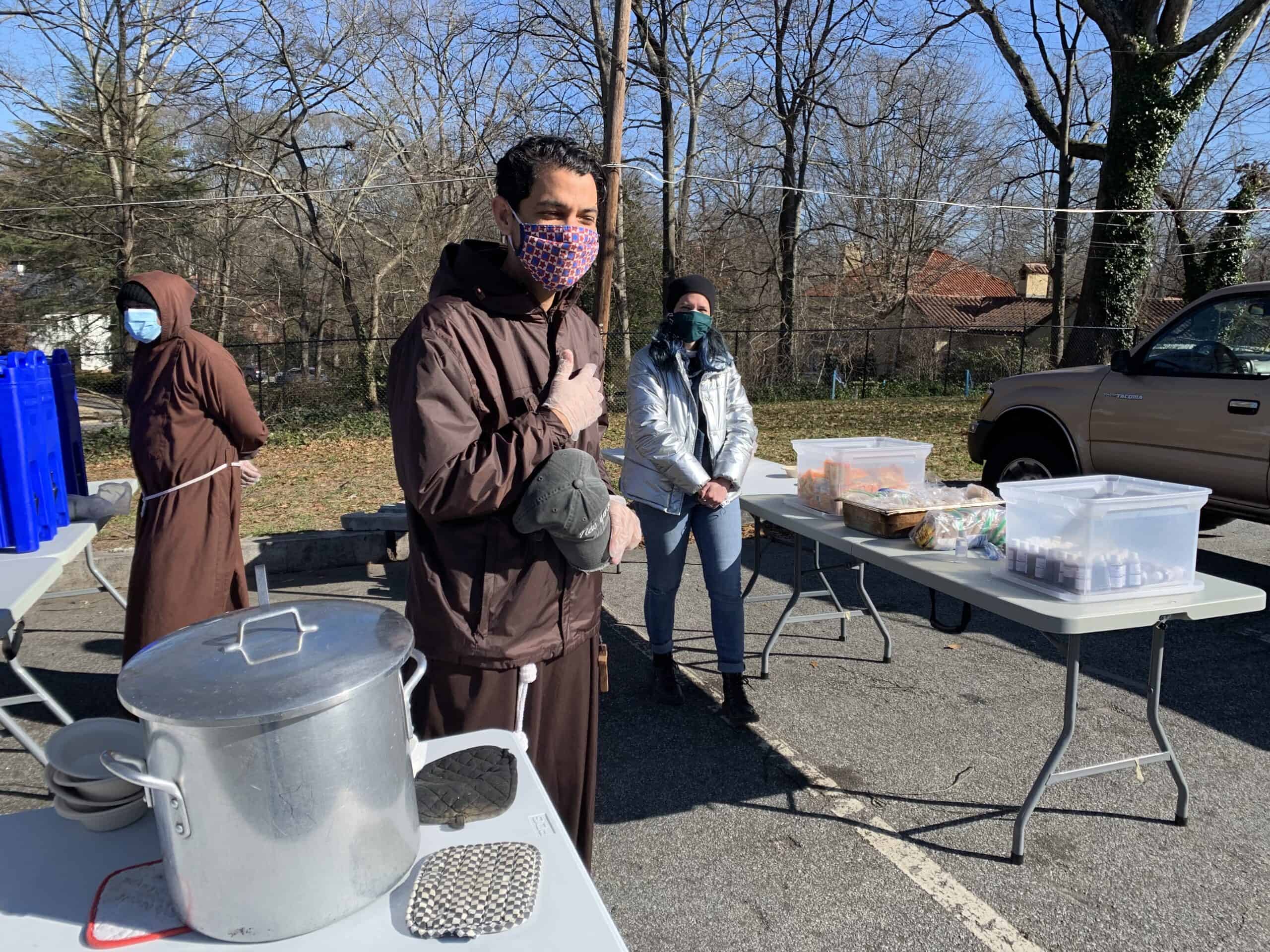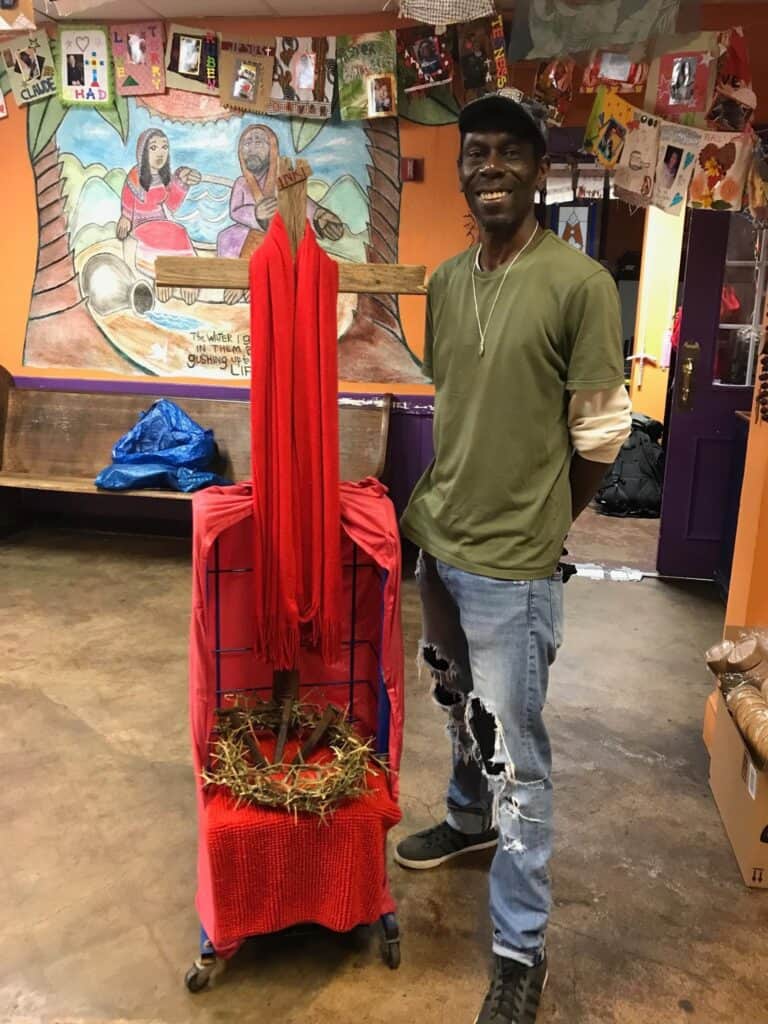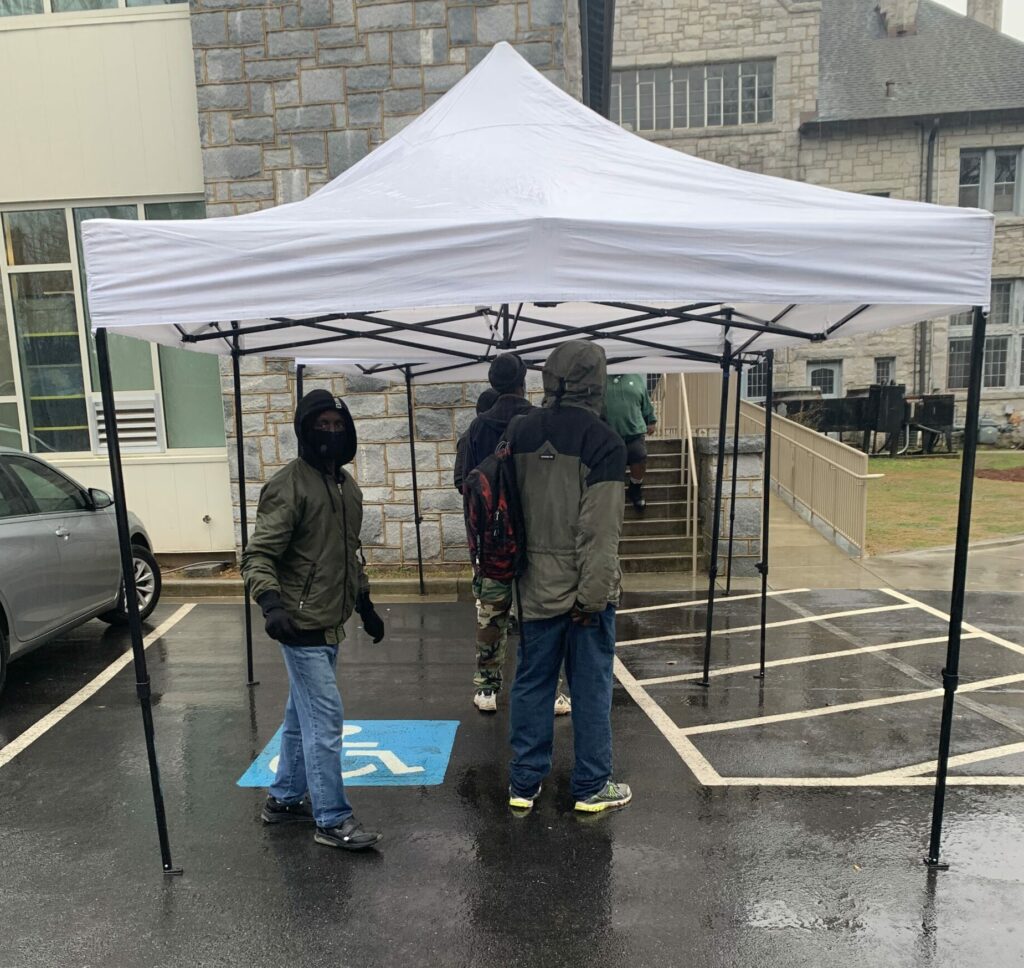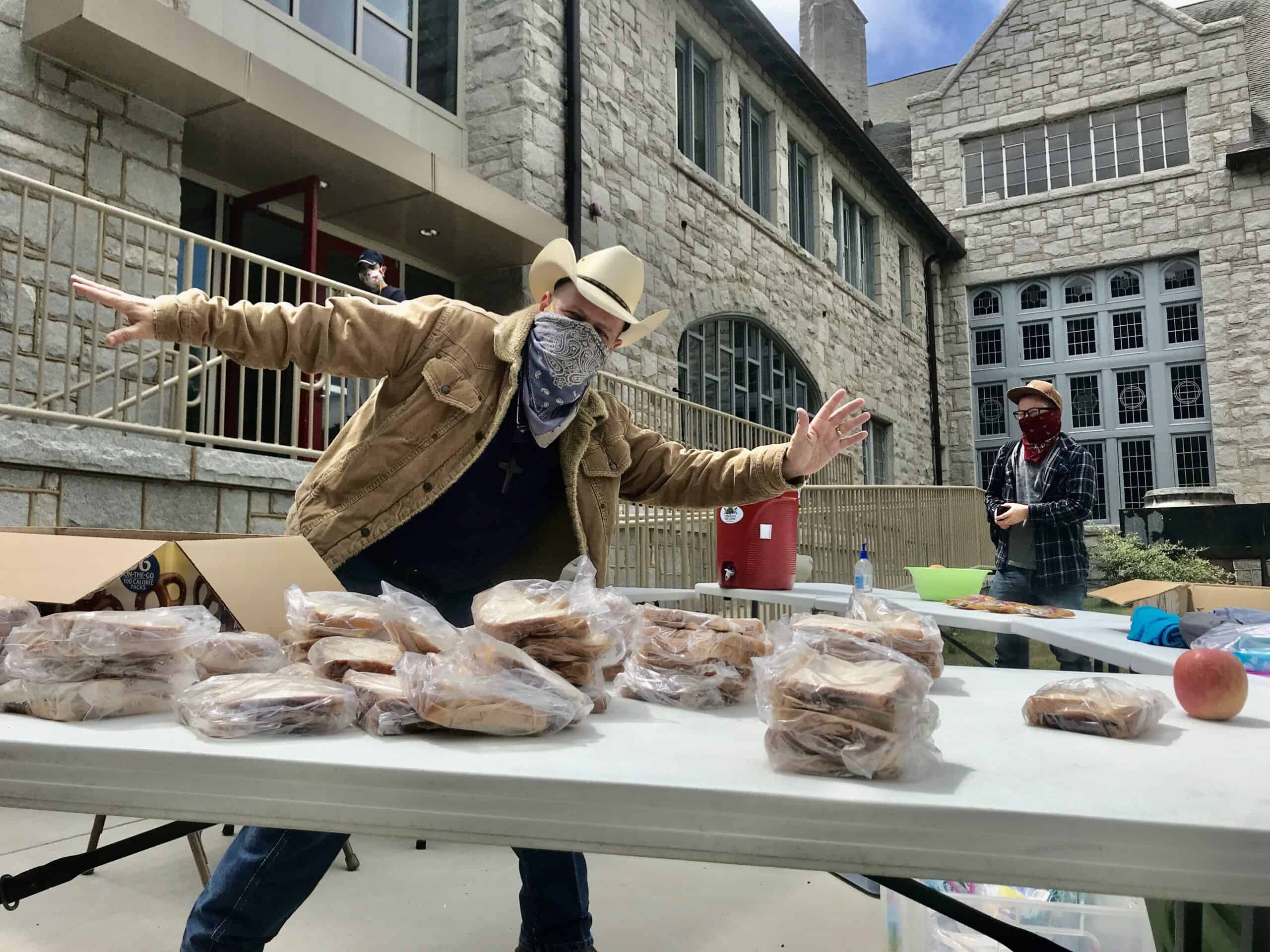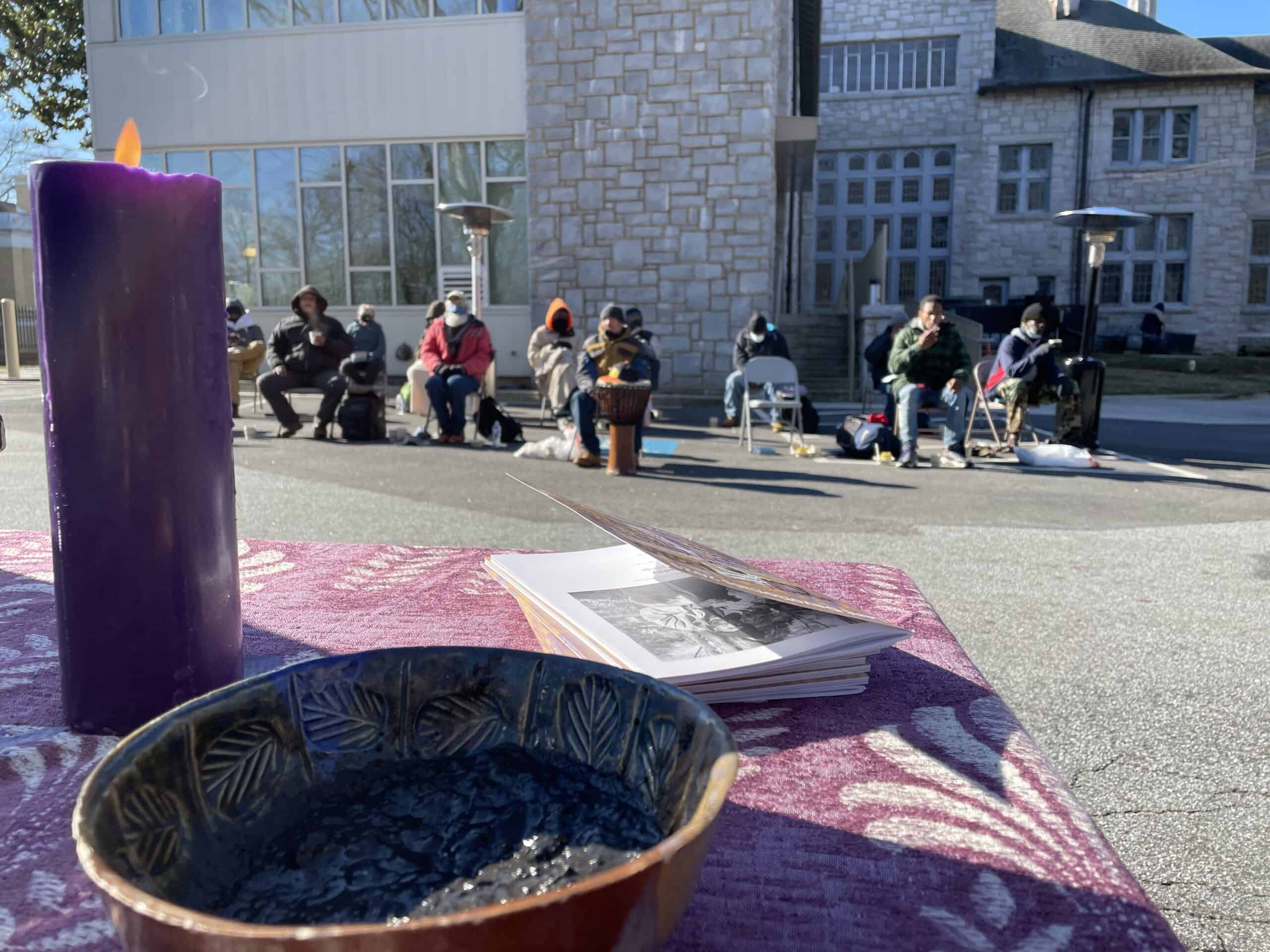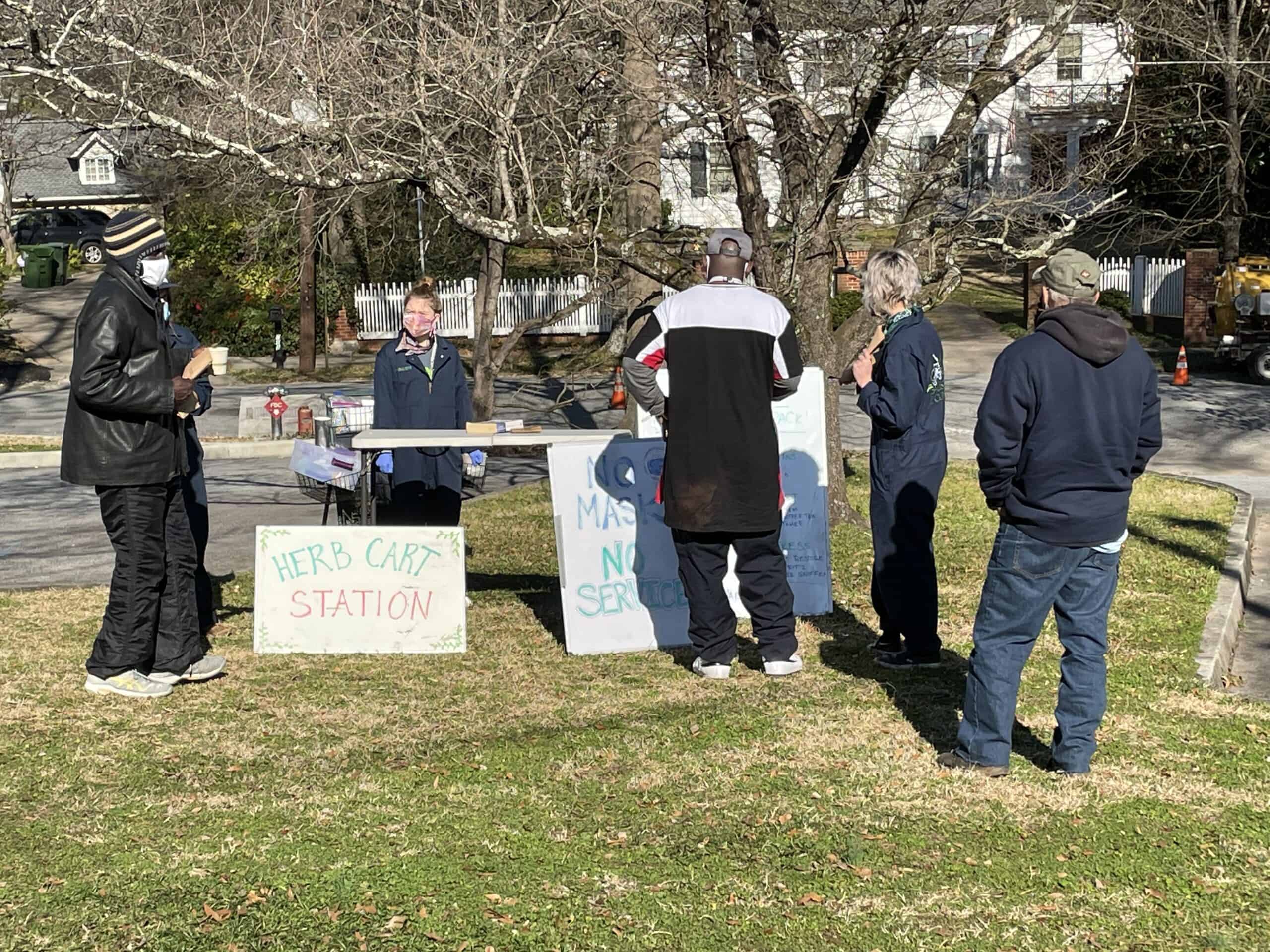Author Holly Reimer
John 2:13-22
Reflection: v. 19, ‘Destroy this temple and in three days I will raise it up.’
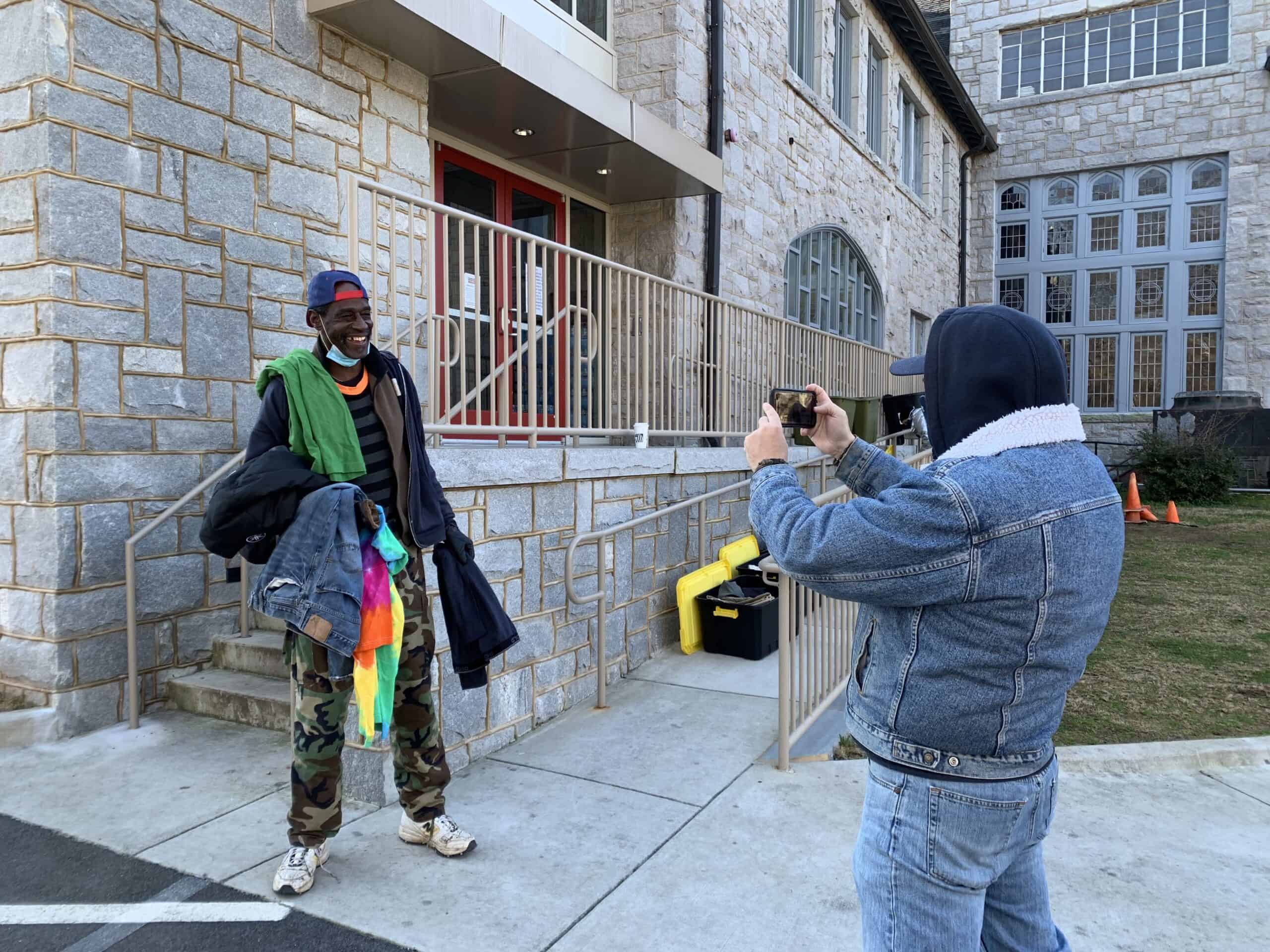
At this point, with where I find myself struggling to navigate almost a year of a pandemic and navigating my own sense of justice, these few words speak newness. God isn’t going anywhere. God can’t be terminated or dismantled. We see that the grave can’t hold God. In Scripture, the Temple is a place where God dwells.
The temple is resurrected. Officials have been fighting Jesus’ message of peace, convinced that it is actually the absence of peace, something created to stir up contention. Jesus certainly stirs things up, but in ways that acknowledge a need for change. What the leaders and authorities have actually been living and teaching is peace for some, but not for all. While this is Jesus’ response to the officials’ demand for a sign, I also see it as hope. Hope is something I am feeling most in need of, and particularly a hope that will lead to peace. I live in the hope, that in spite of all the hostility and fear in the world, that God does not cower nor does God cease. There is no threat, violence, bigotry, hate, or fear that is going to keep God from being present. Most importantly, we can find in God a never-failing presence that is working for peace. We find peace in the way of Christ, peace in how we are to care for one another, maybe even peace in how we care for ourselves. It’s a peace that, even in the midst of a literal death, brings life.
Prayer God, in you may we find peace and hope.

